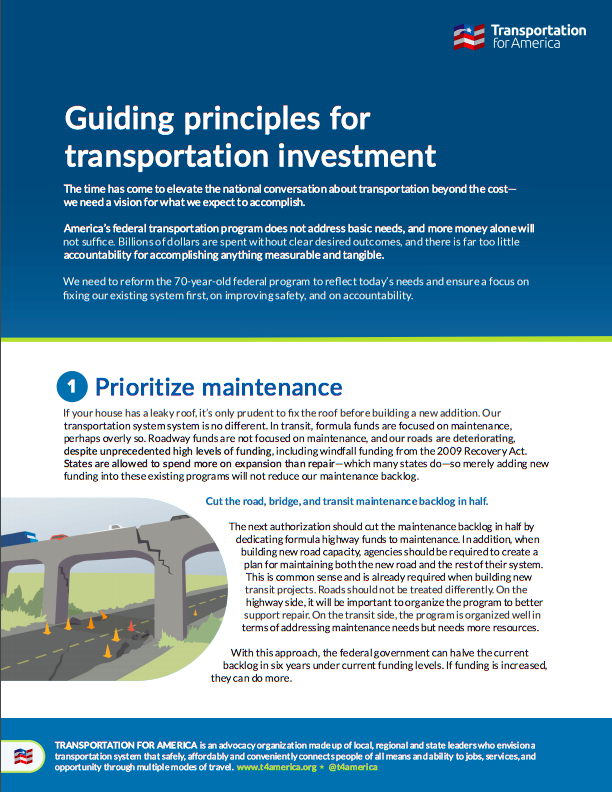New yearlong fellowship will help individuals build skills in creative placemaking and transportation planning
T4America is proud to announce the creation of a new yearlong Arts, Culture, and Transportation (ACT) Fellowship to help those already working at the nexus of arts and transportation take their work to the next level.
Washington State Department of Transportation announces the selection of two artists to serve in the country’s first statewide artist-in-residence program
With today’s announcement that Kelly Gregory and Mary Welcome have been selected to serve as artists-in-residence with WSDOT for a year, Washington becomes the first state to embed an artist in a statewide agency.
Get to know Washington state’s new artists-in-residence
We announced earlier today that Kelly Gregory and Mary Welcome have been selected to serve as artists-in-residence with the Washington State Department of Transportation (WSDOT) in a new fellowship program created by ArtPlace America and T4America, bringing a dose of creativity to the statewide transportation agency. Get to know this team of two artists with this brief Q&A.
Minnesota Department of Transportation to host a Community Vitality Fellow to advance transportation goals
Minnesota Department of Transportation joins Smart Growth America’s artist-in-residence program, by hosting a Community Vitality Fellow to creatively meet the agency’s goals of promoting economic vitality, improving safety, supporting multimodal transportation systems and creating healthier communities.
Uber and Lyft fight local control over city streets in Oregon
A bill in the Oregon state house would preempt local control over transportation network companies (TNCs) like Uber and Lyft. While cities have historically had the ability to manage vehicles on their streets to address congestion, improve access, ensure safety, and raise revenues, aggressive lobbying from TNCs has resulted in a number of states preempting local control. Such state bills should be carefully crafted to preserve city authority over the safe and efficient operation of their streets.
President’s budget dramatically cuts transit grants while USDOT sits on billions of unobligated funds.
President Trump’s just-released 2020 budget would cut federal transit capital grants by $1 billion. Although this is a slight improvement from the administration’s past efforts to eliminate all funding for new transit projects, it comes after a backlash against USDOT—stoked by Transportation for America’s ‘Stuck in the Station’ resource—for failing to administer the grant program in good faith and in a timely fashion.
Congress considering a smarter way to measure transportation investments
Having thousands of jobs within a region doesn’t do much good if residents can’t use their local or regional transportation network to reach those jobs. A bill being reintroduced in Congress this week will provide transportation agencies with robust data to support smarter transportation planning that can better connect residents to jobs and services by all modes of travel.
What to watch for in Tuesday’s transportation and climate change hearing
The intersection between climate change and transportation will be on full display during a committee hearing in the U.S. House of Representatives. But will members of Congress take the opportunity to examine the critical role that federal transportation policy has played in creating the climate crisis? Here are six things we’ll be looking for during the hearing.
State of the Art Transportation Workshops: Addressing local challenges with community-driven solutions
The participants from the 2018 State of the Art Workshop—Mariposa County, CA; Buffalo, NY; and Bozeman, MT—will share how arts organizations can work with transportation agencies to address unique transportation challenges and the impact that’s having in their communities.
Walking through questions about our new Playbook for Shared Micromobility
With the help of representatives from two cities, T4America staff a few weeks ago walked through our new Playbook for effectively managing shared micromobility services like dockless bikes, electric scooters, and other new technologies.





